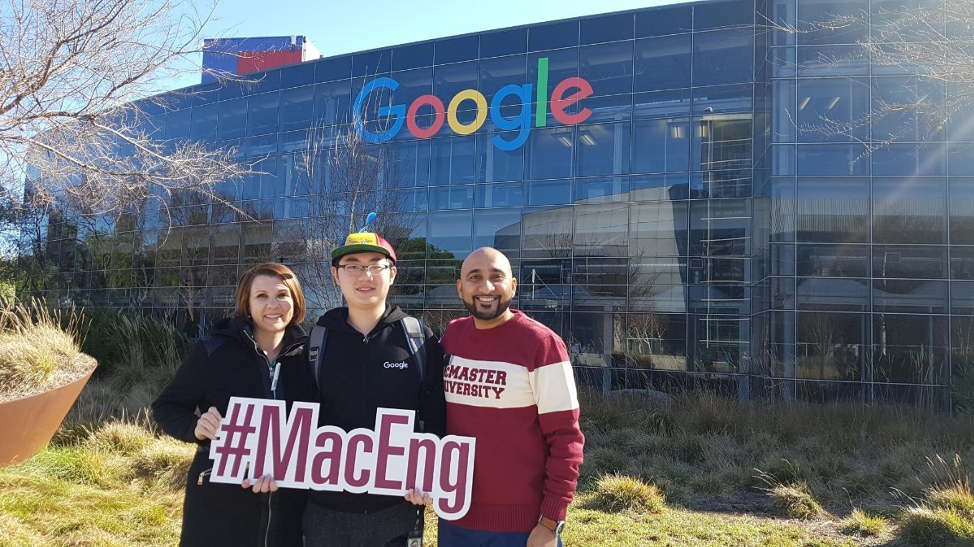Originally posted on March 3rd, 2020 by Paul D. McLean* at Global HR Lawyers – In A Flash – Matthews Dinsdale.
The following provides general guidance to employers in dealing with the potential impacts of COVID-19 on the workplace. All should appreciate that this is a fluid situation and we will continue to update our clients as matters change. For specific issues, please speak with your Mathews Dinsdale lawyer.
Where can employers get regular updates on COVID-19?
The Government of Canada’s Public Health Agency
Infection Prevention and Control Canada (ipac)
Is COVID-19 in Canada?
As of March 3, 2020, COVID-19 has been confirmed in three provinces: British Columbia, Ontario and Quebec.
While the Public Health Agency of Canada expects those numbers to increase, without sustained human-to-human transmission, most Canadian employees are not at significant risk of infection.
Can an employer restrict international travel?
As of March 3, 2020, the Government of Canada has posted travel health notices for non-essential travel to areas of China, Hong Kong, Iran, Japan, Northern Italy, Singapore and South Korea due to the outbreak of COVID-19.
Based on these advisories, employers should restrict business travel to these areas. Should employees travel to these regions for person reasons, they should be advised that their ability to return to the workplace will be assessed upon their return to Canada.
Can an employer stop employees who travelled in an area affected by COVID-19 from returning to work?
Depending on where they have travelled and the nature of the employer’s business, an employer may assess risks in the circumstances, and could restrict an employee from immediately returning to the workplace. For example, an employer who operates a senior’s community will have a dramatically different assessment than an employer operating a warehouse.
Prior to an employee returning to work, they should be asked to confirm that they have no symptoms of illness. Again, depending on the workplace and the risk associated with potential COVID-19 exposure, the employee may be asked to self-isolate even absent symptoms depending on where they have travelled.
Patients with confirmed COVID-19 infection have reportedly had mild to severe respiratory illness with symptoms of fever, cough, and shortness of breath. If the employee has these symptoms, they should seek medical attention and should not be permitted to return to work until they are confirmed by medical testing to either not be suffering from COVID-19 or that they no longer carry the virus.
If an employer holds an employee without symptoms out of work, is there a requirement to still compensate the employee?
This will depend on the circumstances, including where the employee has travelled from, the nature of the specific workplace, alternatives available (i.e. working from home) and any potential collective agreement requirements. While each situation will have to be assessed individually, there will be circumstances where holding an employee out of service, without pay, may be deemed reasonable.
What if an employee has COVID-19 and cannot work?
Where an employee contracts COVID-19 and is unable to work, an employer must grant any applicable legislative leave to the employee, in addition to meeting any sick leave obligations outlined in employment agreements or collective agreements.
What if employees refuse to work because they are afraid of contracting COVID-19 in the workplace?
Employers have a positive obligation to take reasonable care in the circumstances to protect the health and safety of employees under occupational health and safety legislation. Where an employee has a reasonable basis to believe that there is a dangerous condition in the workplace, or that their duties present a danger to their health and safety, the employee may be able to refuse to attend work or perform certain duties.
In the event of a work refusal, the employer must respond in accordance with occupational health and safety legislation, which response will include an investigation into the concerns and, if appropriate, adopting measures to eliminate or reduce the workplace danger. This investigation will, in large part, be based upon the current scientific understanding of COVID-19 and the specific facts in the individual workplace. No reprisal for properly exercising a health and safety right may occur.
Can an employer fire an employee if they contract COVID19?
No. Employers may not terminate an employee or otherwise discriminate against an employee due to physical disability (which includes certain illnesses) under human rights legislation.
What if an employer needs to replace sick employees on a temporary basis to operate?
An employer can hire employees on a temporary basis. An employer may also ask healthy employees to work additional hours, provided the employer is complying with legislative provisions regarding overtime and excessive hours of work.
The time to prepare for such a contingency is now: employers should be assessing how many employees they require to operate effectively and what will happen if a large number of employees are unable to attend work.
Can an employer force employees to work from home?
Whether or not an employer can direct all or a portion of its workforce to work from home will depend on the reasons for the request. For example, if there has been potential exposure to COVID-19 in the workplace, it may be reasonable to request certain employee self-isolate and work from home for at least a 14 day period.
Can an employer close their business due to COVID-19 outbreak?
An employer must ensure a safe working environment. Depending on the situation, it may be necessary to close a business location. An employer’s obligation for providing notice or pay in lieu of notice to employees will be governed by the specific facts of each case.
Do employers have to buy personal protective equipment for employees?
Employers have a duty to provide a safe working environment. If employees run the risk of becoming infected at work, the employer must provide personal protective equipment.
Previous Mathews Dinsdale articles on COVID-19
Workplace Pandemic Plans: What Employers Should Know
Novel Coronavirus: What Employers Need to Know
If you have any questions about this topic or would like assistance with developing and/or reviewing pandemic plans, please do not hesitate to contact a Mathews Dinsdale lawyer.



